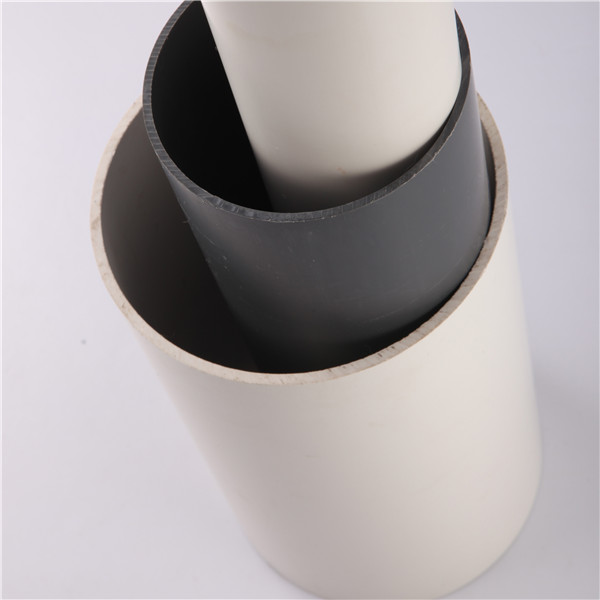Jul . 22, 2024 01:34 Back to list
Exploring the Versatility and Applications of HDPE Tubes in Various Industries and Projects
The Versatility and Benefits of HDPE Tubing
High-Density Polyethylene (HDPE) tubing has emerged as one of the most popular materials for a wide array of applications, ranging from industrial uses to residential plumbing. Known for its strength, durability, and flexibility, HDPE tubing has become a preferred choice across various sectors, including agriculture, construction, and environmental services.
What is HDPE?
High-Density Polyethylene is a type of thermoplastic polymer made from petroleum. Its high density contributes to a material that boasts exceptional strength-to-density ratios, making it a reliable option for numerous applications. Unlike traditional polyethylene, HDPE has a more linear structure, which enhances its ability to withstand higher temperatures and pressures. This durable material is resistant to impact, stress cracks, and a variety of chemicals, making it suitable for not only water transport but also industrial applications, including chemical processing.
Advantages of HDPE Tubing
1. Durability One of the most significant advantages of HDPE tubing is its remarkable durability. It can resist various environmental factors such as UV radiation, moisture, and corrosive substances. This makes it ideal for both indoor and outdoor applications.
2. Lightweight HDPE tubing is significantly lighter than metal alternatives, making it easier to handle, transport, and install. This aspect reduces labor costs and increases efficiency, particularly on large-scale projects.
3. Flexibility The flexibility of HDPE tubing allows it to be easily maneuvered in tight spaces and adapted to various installation requirements. Its bend radius means it can be installed across terrain that would typically pose challenges to rigid piping systems.
4. Chemical Resistance HDPE's resistance to a wide range of chemicals allows it to be used in various applications without fear of degradation. This property is especially beneficial in the agricultural sector, where it can be used to transport fertilizers and pesticides without interacting adversely with these substances.
hdpe tube

5. Cost-Effectiveness While the initial investment in HDPE tubing may be higher than some alternatives, its long lifespan and lower maintenance costs make it a highly cost-effective option over time. The long-term savings on repairs and replacements further enhance its appeal.
Applications of HDPE Tubing
HDPE tubing finds applications in various fields
- Agriculture In agriculture, HDPE tubing is widely used for irrigation systems due to its flexibility and resistance to chemicals. It is also employed for transporting water and fertilizers across farmland.
- Construction In construction, it serves as a reliable and durable option for drain and sewer pipes, ensuring efficient waste management systems. Its lightweight nature allows for quicker installation, which can accelerate project timelines.
- Environmental Services HDPE is increasingly used in the environmental sector, particularly for landfill liners and leachate collection systems, where its chemical resistance is crucial for preventing contamination.
- Plumbing and Water Supply HDPE tubing is increasingly being utilized for potable water supply systems, thanks to its safety, durability, and compliance with health regulations.
Conclusion
The utilization of HDPE tubing represents a significant advancement in materials science, offering a versatile solution that meets the demands of many industries. Its excellent properties such as durability, lightweight nature, flexibility, and chemical resistance make it an ideal choice for everything from domestic plumbing to large-scale agricultural projects. As environmental considerations become increasingly important, the recyclable nature of HDPE further enhances its appeal as a responsible choice for the future. Whether you are a farmer looking for efficient irrigation methods or a contractor seeking reliable drainage solutions, HDPE tubing is undoubtedly an excellent option to consider.
-
High-Quality PPR Pipes and Fittings Durable ERA PPR & PVC PPR Solutions
NewsJul.08,2025
-
Black HDPE Cutting Board - Durable, Non-Porous & Food Safe HDPE Plastic Cutting Board
NewsJul.08,2025
-
High-Quality CPVC Panel Durable HDPE & PVC Panels Supplier
NewsJul.08,2025
-
Double PE Welding Rod Supplier - High Strength, Durable & Versatile Welding Solutions
NewsJul.07,2025
-
High-Quality PVC-O Pipe Supplier Durable 75mm PVC Pipe & Connections Leading PVC Pipe Company
NewsJul.07,2025
-
HDPE Drainage Pipe Supplier – Durable & Corrosion-Resistant Solutions
NewsJul.06,2025

